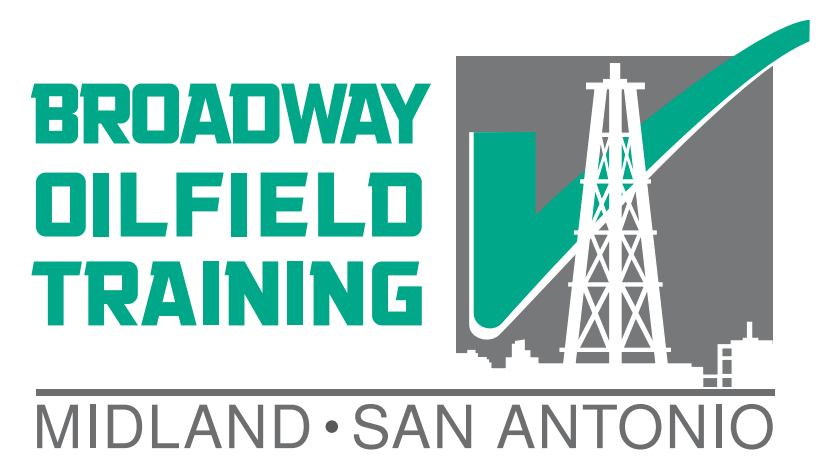TRANSFERRING INFORMATION
SafeLand training contains a great deal of information about how to work safely and effectively in the oilfield. Topics within the SafeLand orientation include many topics from oilfield driving and excavations to wellsite arrival and personal protective equipment. New oilfield hands need the information to do all of these things. Taking wellsite arrival as an example, there is a general process for making sure that the rig knows the visitor has arrived and that the visitor has been made aware of all the hazards and how to deal with those hazards. If the worker already understands what those hazards are then they must simply be pointed out to make him aware. If a new worker has no previous understanding of hazards, then either he will need the details of the hazard to be explained to him or there is a risk that he will sign off on the hazard without understanding.
BUILDING UNDERSTANDING
Previous experience is often cited as a process that builds understanding about oilfield challenges. Workers will routinely encounter certain hazards every time they show up to work. Some hazards may be potentially more harmful and some may be less frequent. In all cases, the worker must continue to engage with all hazards to continue learning how to approach them and to prevent complacency. Complacency should always be resisted for experienced workers. In the case of a new worker, however, the challenge is that they have no previous experience and limited knowledge of the possible hazards. Safety training, such as the SafeLand orientation, is needed to give examples where the worker has no previous experience.
TRANSFERRING UNDERSTANDING
Communication to transfer a whole understanding is by its nature far more complicated than communication to transfer basic facts. Any full and rich understanding cannot be considered simply as a list of simple facts. To understand the hazards of a worksite a worker must know all of the information about that hazard, but he must also understand that hazard within the broader scope of the worksite and work procedures. For example, a worker can understand both the effects of working during hot weather as well as the use of Tyvek suits in chemical operations. In the case of hot weather chemical operations, the required chemical protection can make it more difficult to work in the heat and must be accounted for. Unless the worker has already had a similar experience, such as the outdated and dangerous practice of wrestlers wearing plastic bags to sweat out excess weight, it is impossible to perfectly convey to a worker what that experience could be like. If the new worker has never experienced an example of a hazard, then it is impossible for them to be familiar with it.
FUTURE UNDERSTANDING
It is possible to relate new experiences to a new oilfield worker when previous experiences are at least somewhat similar to the one being trained on. Our SafeLand courses are provided in an instructor led RigPass format. By using probing questions and feedback from the trainee we can discover if there are any previous experiences that the worker can draw on. Stories and experiences from others can be useful teaching tools failing a previous personal experience from the new worker. Training workers to undertake new work will still endeavor to place that worker as close to that experience as possible. When the worker is in that future situation then the training should be clear and memorable in order to kick-in and become part of the new understanding.
Recommended Training: HAZCOM, SafeLand Training
Notice: Article is provided as is and for informational use only. Eagle Ford Training San Antonio, its owners, instructors, and affiliates hereto referred as the company shall have no liability for and you shall defend, indemnify and hold harmless from and against any claim loss demand, liability, obligation, and expense based upon any injury or damage, spill or pollution, product liability, or any other loss that may occur. The liability for the use of information is solely yours notwithstanding any act of error or omission by the company.
